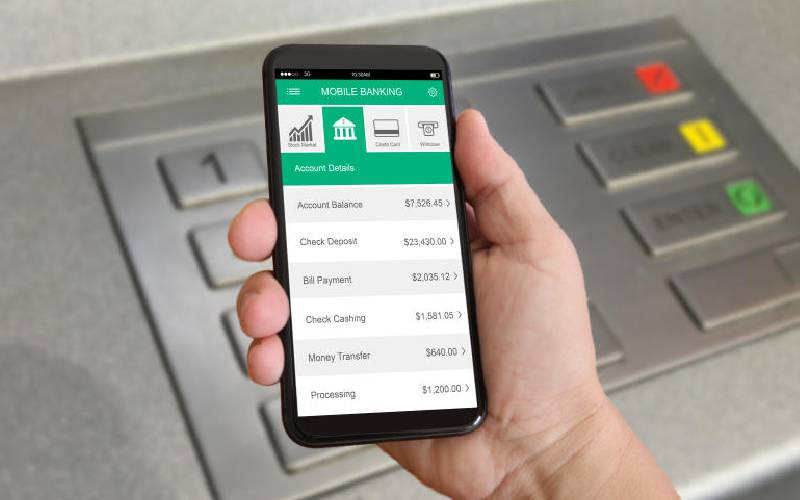×
The Standard e-Paper
Fearless, Trusted News

You have probably heard that if you default on a loan, "utawekwa CRB," to mean that you will be blacklisted at the Credit Reference Bureau, the full for CRB.
You might have also heard from President William Ruto, during the Presidential Debate on July 26, that 15 million Kenyans are blacklisted on CRB. True? No.